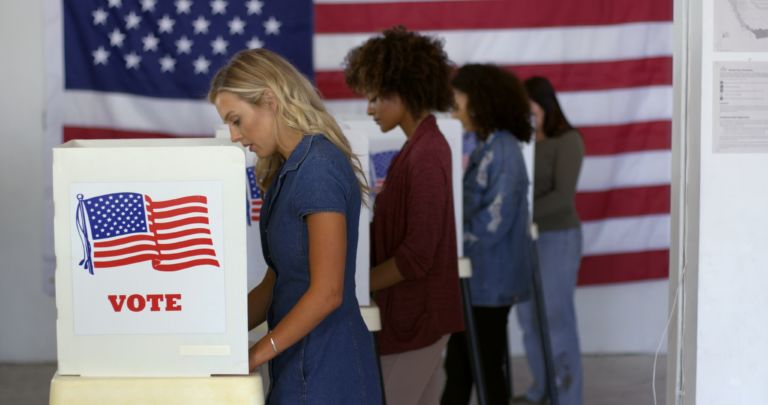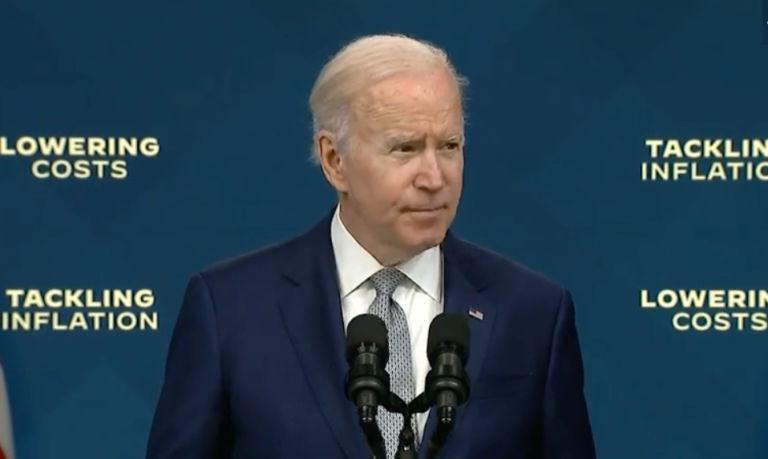A lot of attention is being paid to an LA Times column about a Leftie’s gnashing of teeth over her discovery that her Trump-supporting neighbors are nice people. Virginia Heffernan writes:
Oh, heck no. The Trumpites next door to our pandemic getaway, who seem as devoted to the ex-president as you can get without being Q fans, just plowed our driveway without being asked and did a great job.
How am I going to resist demands for unity in the face of this act of aggressive niceness?
Of course, on some level, I realize I owe them thanks — and, man, it really looks like the guy back-dragged the driveway like a pro — but how much thanks?
Ms. Heffernan needs some good old-fashioned soul-searching more than she needs a snow shovel.
But her column got me to thinking. My husband and I chose our home because we like the grassy back yard, the brick style of the home, and the location. Politics never entered our minds. But that was six years ago. Has political partisanship gotten so out of hand since then that people are now choosing where to live based on political registration?
It’s easy to assume the answer is yes, since we now refer to ‘red’ states, ‘blue’ states, ‘red’ and ‘blue’ counties, etc.
Writing for realclearpolicy.com, Samuel Abrams, a visiting scholar at the American Enterprise Institute, drilled down into recent polling data to explore the question. The answer is no.
The LAT/RCI poll directly asked which neighborhood characteristics are essential in choosing where to live and these ranged from a neighborhood’s racial and ethnic diversity to the wealth and religious beliefs of its residents. When asked about having neighbors who share one’s political beliefs, only 12 percent of Americans believe that this is essential for their neighborhood and just 11 percent care about whether or not their religious beliefs or their racial or ethnic background is shared by their neighbors. What majorities of Americans do care about in selecting a neighborhood is having parks, recreation, and cultural amenities nearby, along with good schools, and slightly fewer Americans believe that it is essential to have racial diversity and family close by.
So who DOES care about the politics of their neighbors?
Americans on the extremes are far more concerned with local politics of their neighborhoods. Almost a quarter of extremely liberal and a fifth of extremely conservative Americans believe that it is essential to find a community that shares their political beliefs, compared to just 9 percent of Americans who are either moderate or have slight ideological leans to the left or right. But even these figures are not majorities, and more extreme ideologues still value local amenities and schools above political and religious considerations.
What should we take away from this? For me it’s clear. It is the extreme views held by LA Times columnist Virginia Heffernan that tinge her opinion of her Trump-supporting neighbors. If we follow Ms. Heffernan’s logic, her driveway would have been the last driveway they plowed. Little did these folks know that their neighborly behavior would become public fodder for her obsession with red or blue.
How about simply saying thank you and leave it at that?

